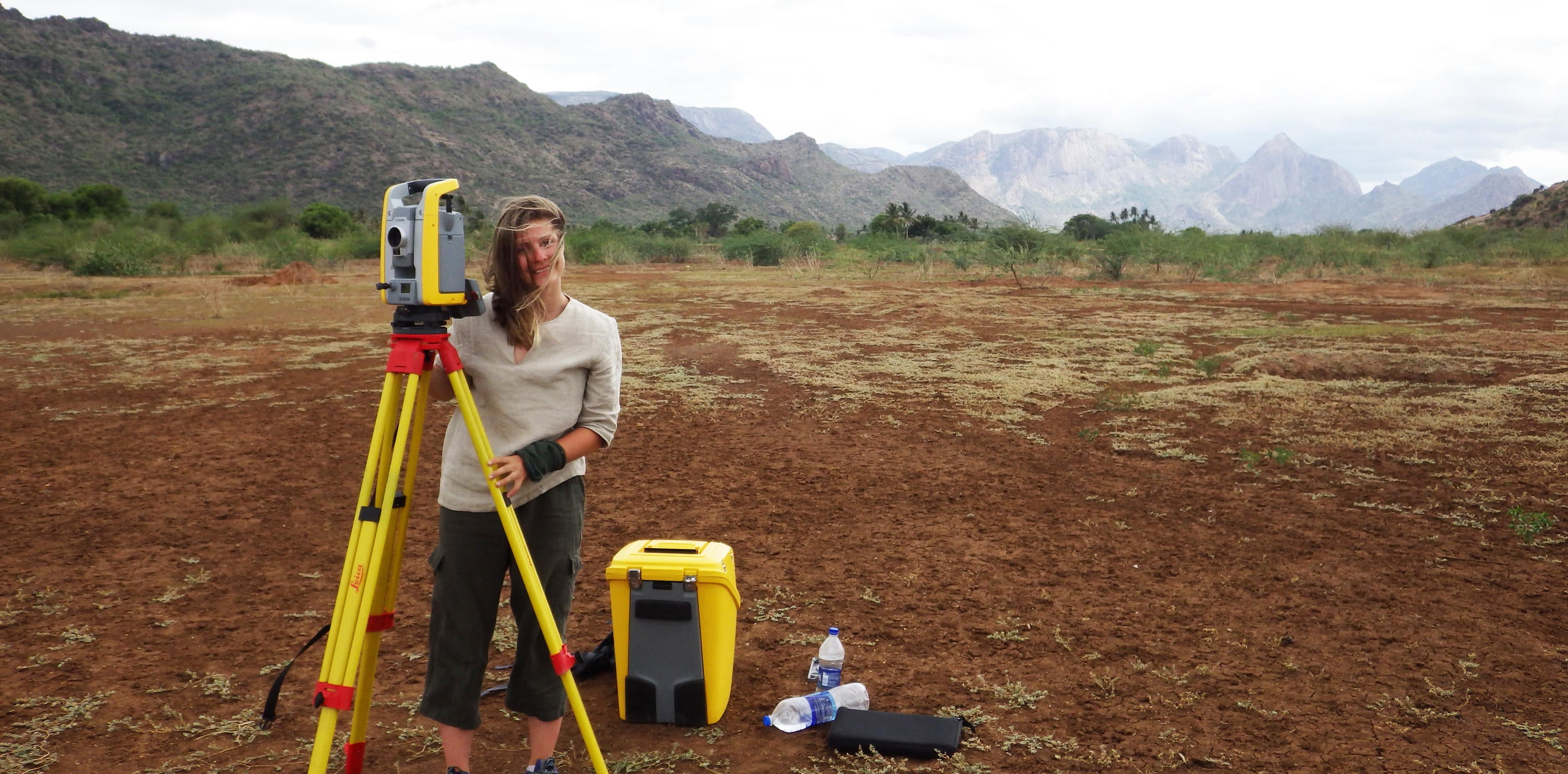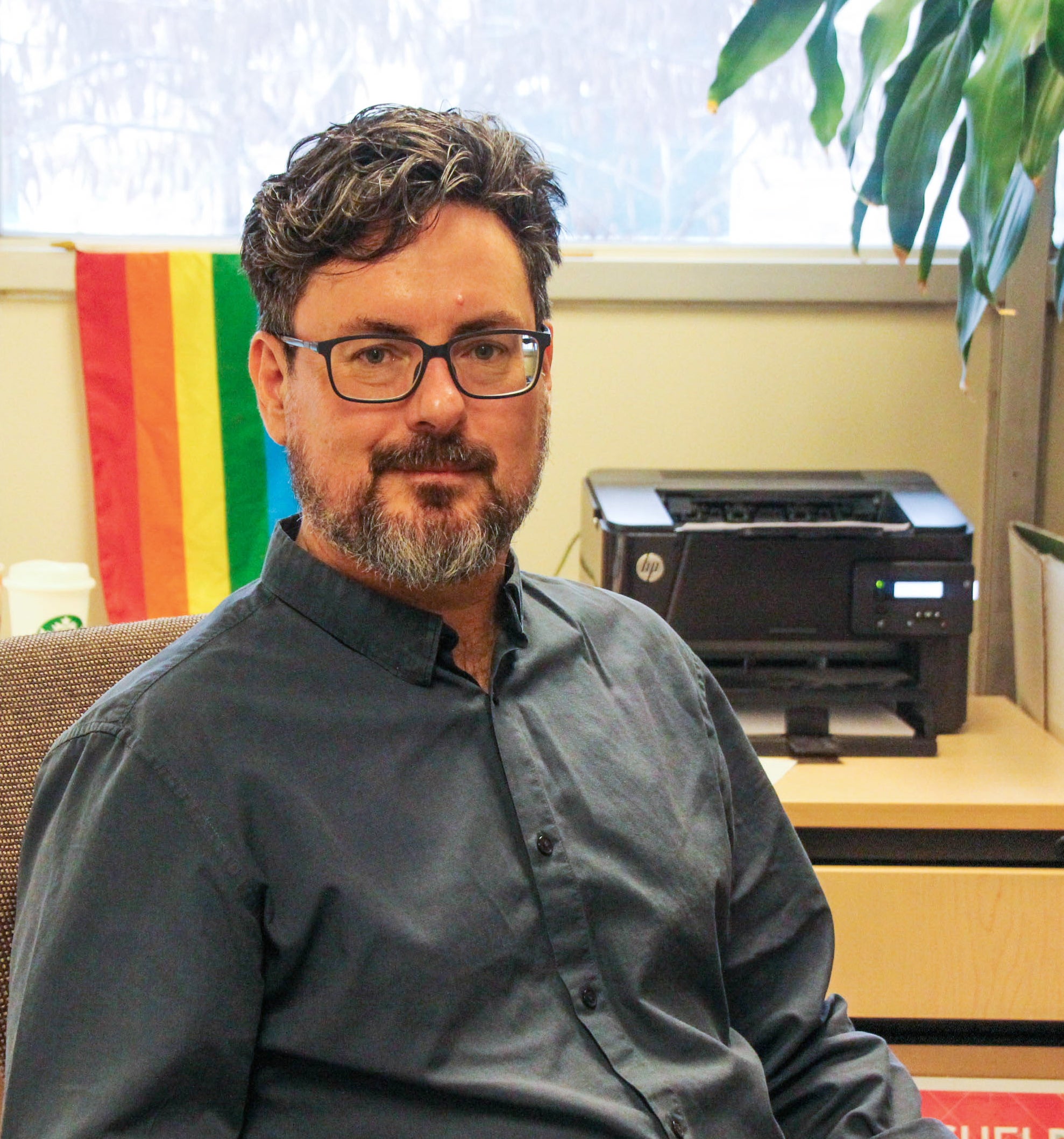Estimating water storage of reservoir rainwater harvesting structures from space

Vicky Vanthof surveying reservoirs in the 2016 field season.

Water Institute member and professor of Chemistry, Janusz Pawliszyn, is featured in the new Ontario Water Consortium “From Lab Bench to Marketplace” series where his lab’s development of innovative thin-film solid-phase micro-extraction membrane that allows for the extraction of contaminants from water in parts per trillion is discussed.
The Water Institute is delighted to announce that Dr. Mark Servos, Professor in the Department of Biology and Canada Research Chair in Water Quality Protection, was honoured this past weekend with a major award from the Society of Environmental Toxicology and Chemistry (SETAC). SETAC is a worldwide, professional organization dedicated to environmental integrity and education, with more than 5,000 members over 90 countries.
After hundreds of dead carp were found in mid-August floating in Alder Lake in New Dundee, fish from the millpond were tested. The Ministry of Natural Resources and Forestry has now confirmed those samples tested positive for the koi herpesvirus.

On October 7 & 8, researchers and policymakers from across the Great Lakes basin came together in Waterloo to discuss the current state and future approaches to integrated lake-watershed models, and how these models can inform science policy. Representatives from academia, governments and consultants from both the United States and Canada participated.
Dr. Philippe Van Cappellen, Water institute member, Earth and Environmental Sciences Professor and Canada Excellence Research Chair Laureate in Ecohydrology, recently attended the the 4th International Water Environment Management Summit (iWES) at the Singapore-Nanjing Eco Hi-Tech Island to participate in their first Global WaterTech Challenge.
On October 14-15, the Water Institute welcomed a delegation of 10 researchers from the Chinese Research Academy of Environmental Sciences (CRAES) to campus for the 3rd China-Canada workshop on water environment issues.
Arctic regions have captured and stored carbon for tens of thousands of years, but a new study shows winter carbon emissions from the Arctic may now be putting more carbon into the atmosphere than is taken up by plants each year.
On October 7-8, the Water Institute was pleased to host several colleagues from the University of São Paulo (USP), Brazil to participate in a workshop that addressed various water security issues facing the Guarani Aquifer. The Guarani Aquifer, which is under increasing threat from deforestation, urbanization and climate change, is the second largest aquifer in the world and is a critical source of freshwater for the megacity of São Paulo.